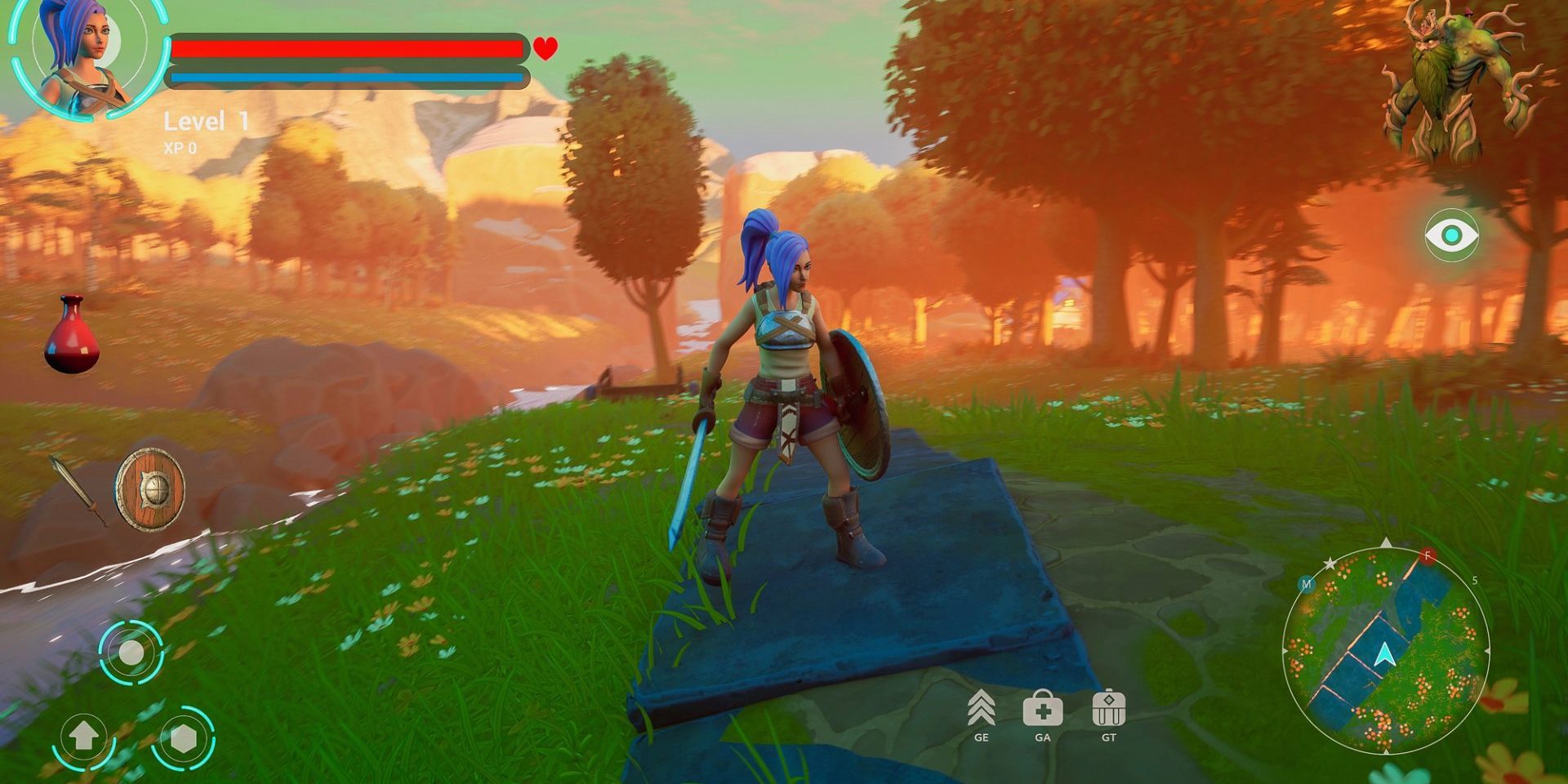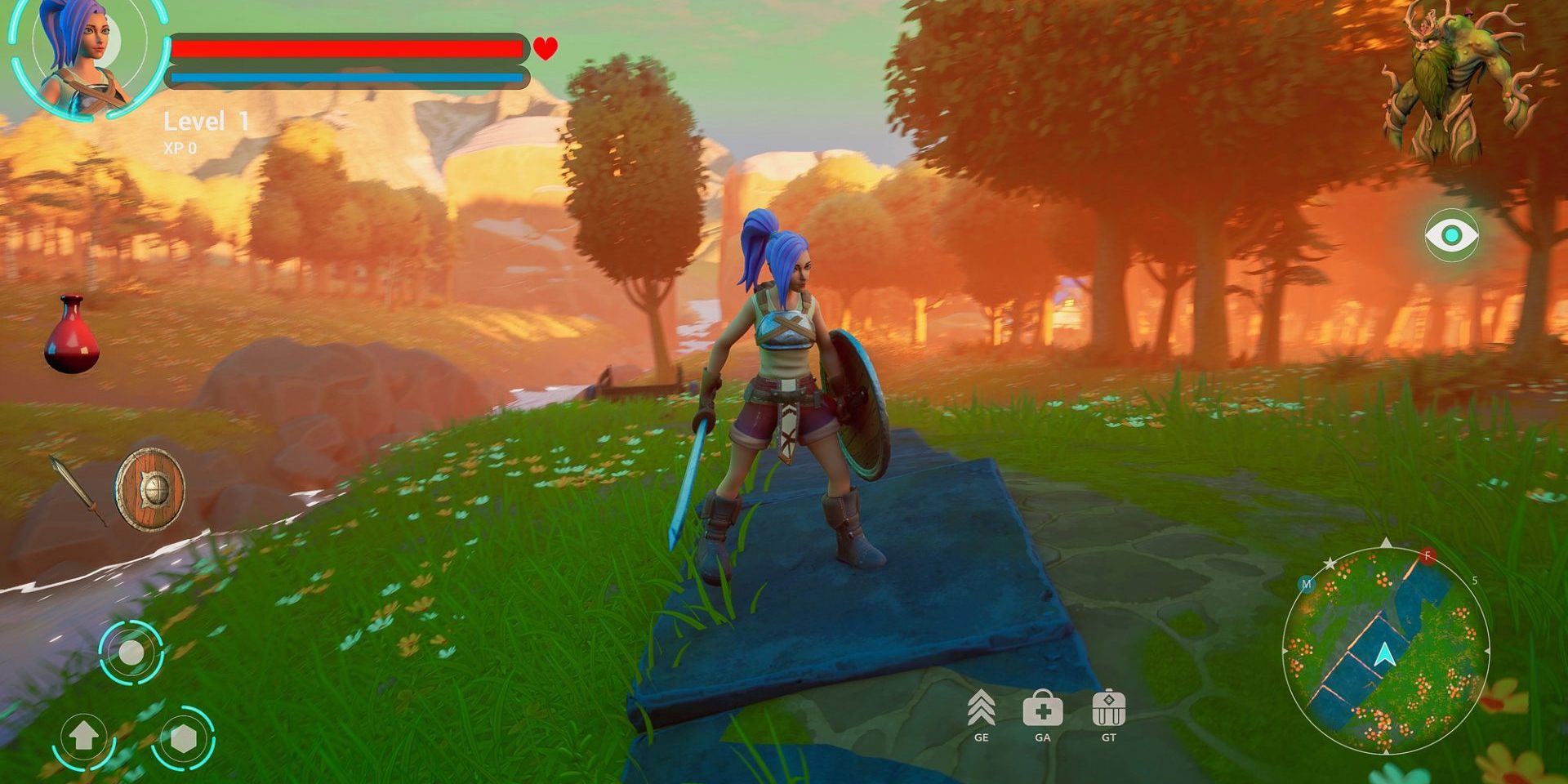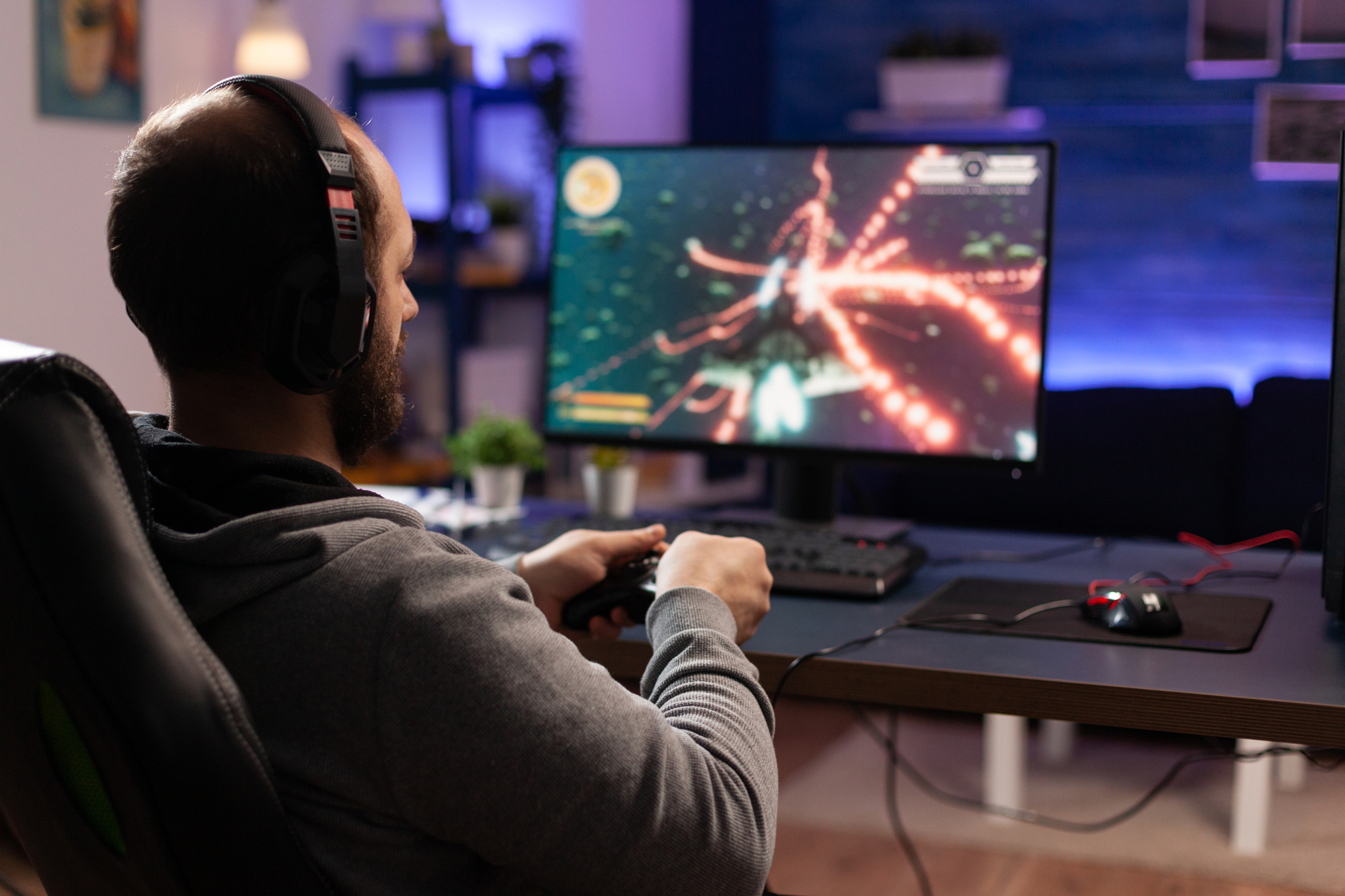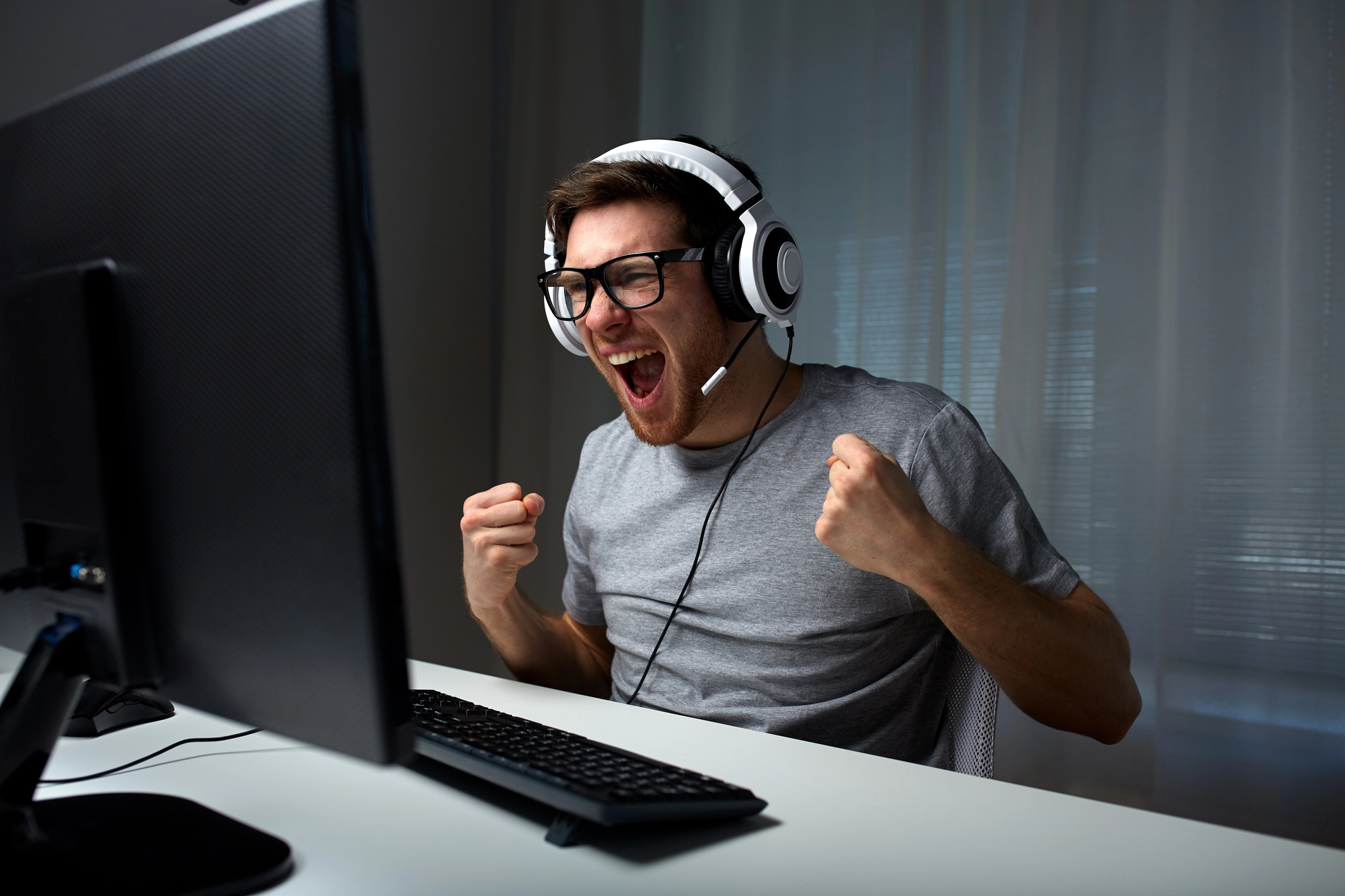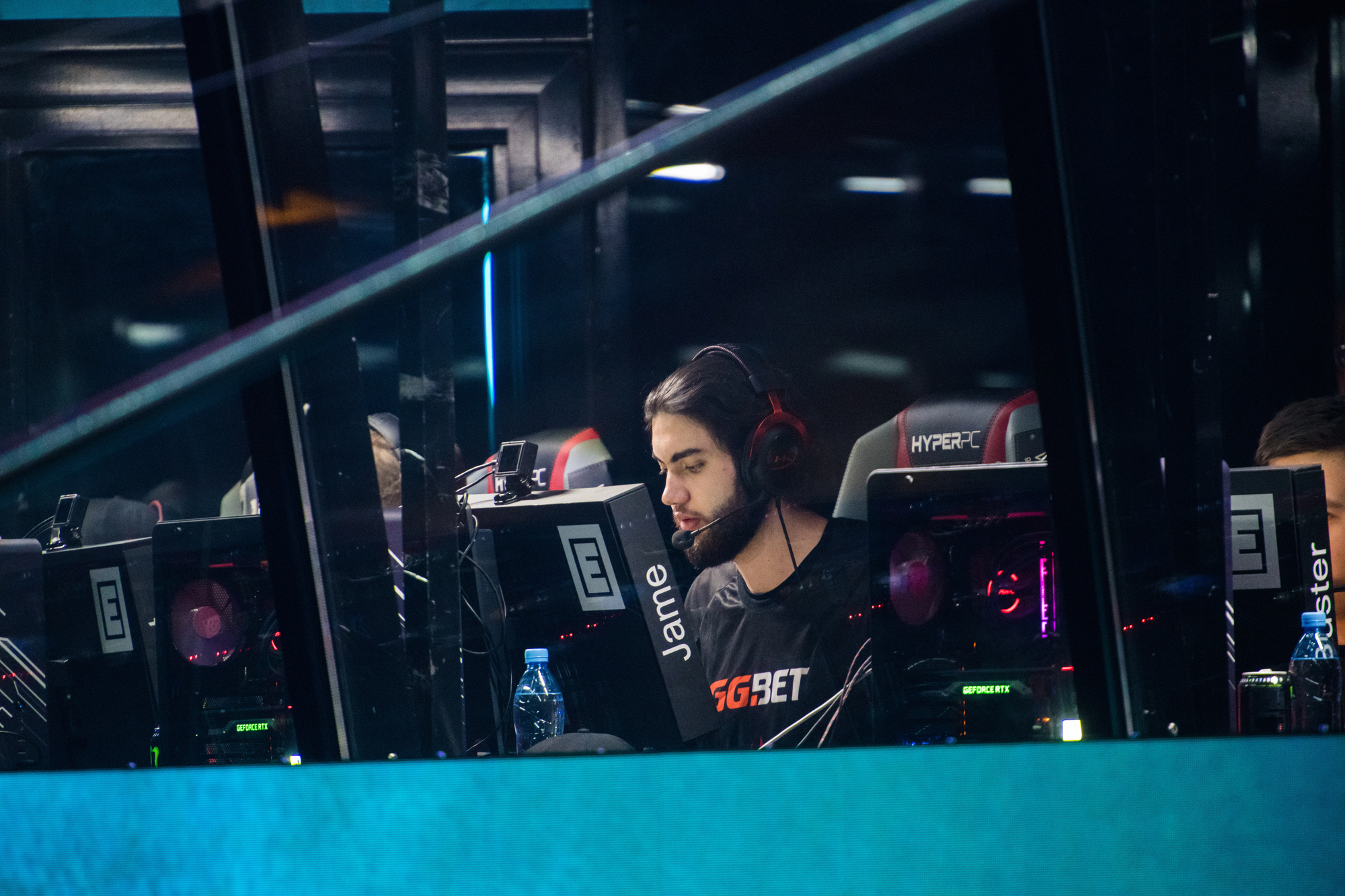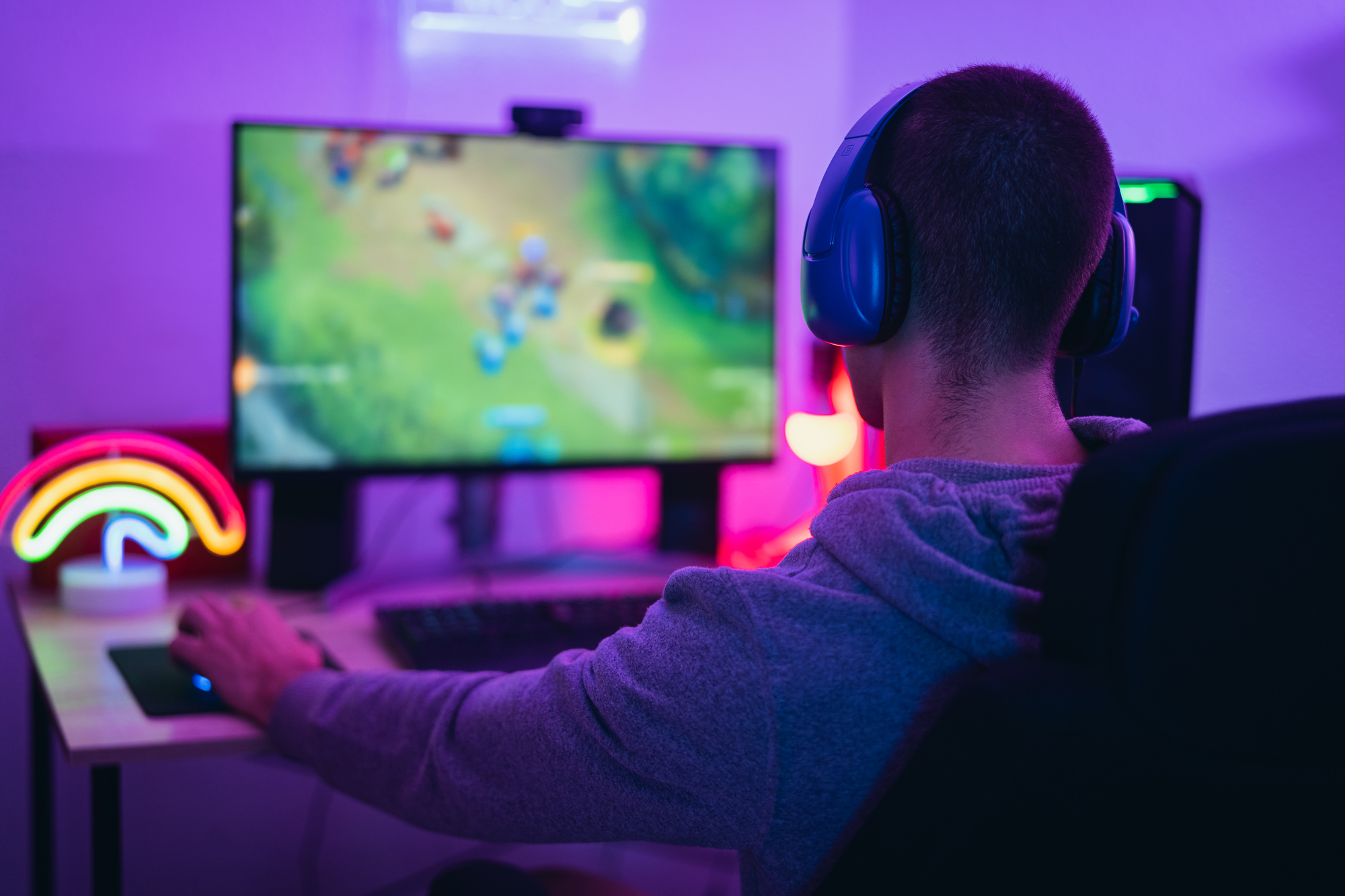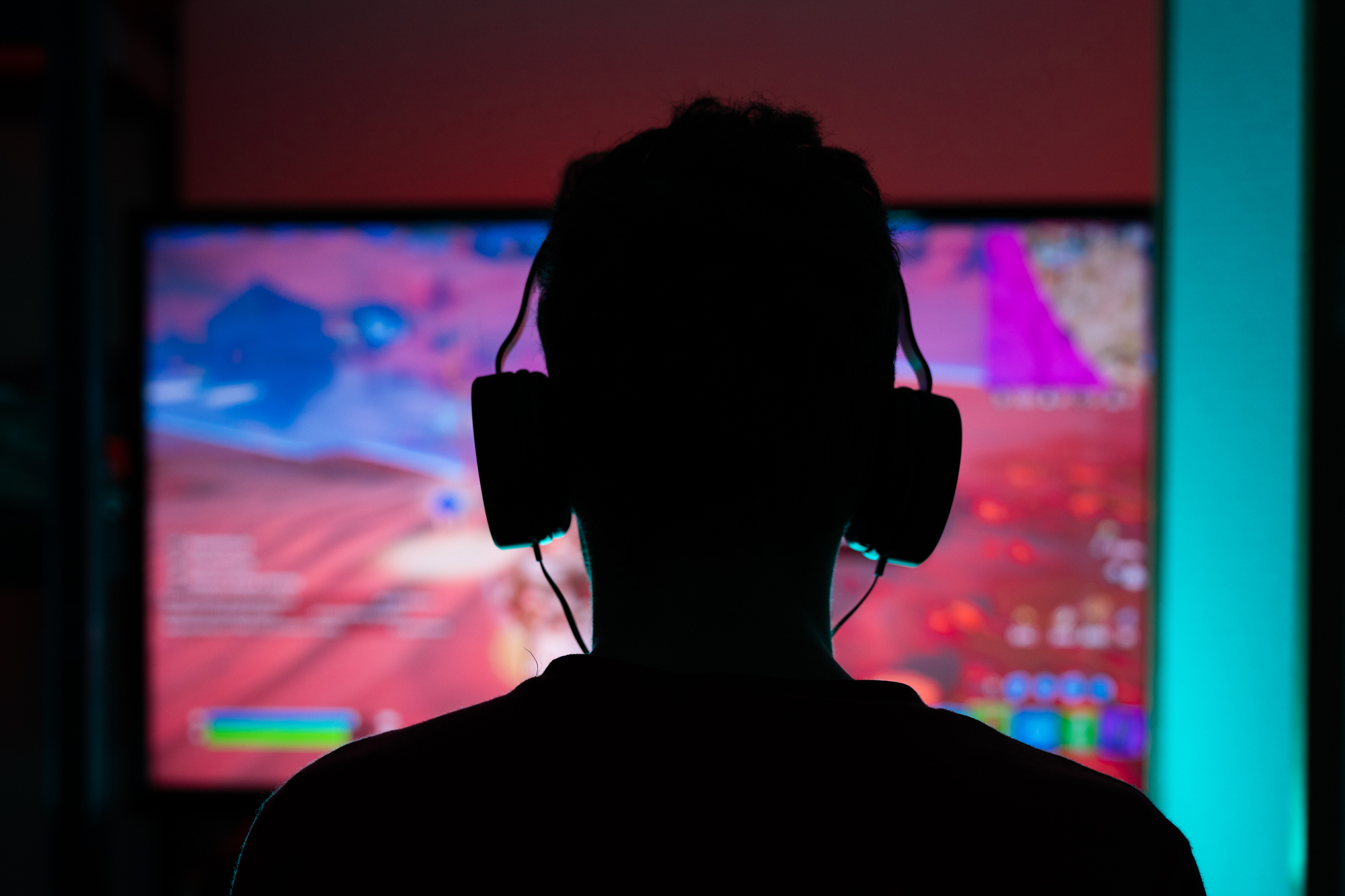Gaming skills can be honed with practice and the right approach. Beginners often feel overwhelmed by complex gameplay mechanics and fast-paced action. Watching skilled players and learning from their techniques is an effective way to improve gaming abilities. This method allows newcomers to observe strategies, decision-making processes, and reflexes in action.
Choosing the right game and dedicating time to play are crucial steps for skill development. Beginners should select titles that align with their interests and offer gradual learning curves. Regular practice sessions help build muscle memory and familiarity with game controls. As skills improve, players can challenge themselves with more difficult games or higher difficulty settings.
Using appropriate gaming gear and optimizing settings can enhance performance. Comfortable controllers or keyboards, responsive mice, and properly configured graphics settings contribute to a smoother gaming experience. This allows players to focus on improving their skills rather than struggling with technical issues. With consistent effort and the right approach, beginners can see significant improvements in their gaming abilities over time.
Understanding Gaming Fundamentals
Mastering core gaming concepts lays the foundation for success across various genres. Players benefit from grasping game mechanics and developing effective strategies.
Recognizing Game Mechanics and Dynamics
Game mechanics form the rules and systems that govern gameplay. These include character movement, resource management, and scoring systems. Players should familiarize themselves with controls, user interface elements, and in-game physics.
Key mechanics vary by genre. For example, first-person shooters emphasize aiming and movement, while strategy games focus on resource allocation and unit management. Understanding these elements allows players to make informed decisions during gameplay.
Game dynamics emerge from player interactions with mechanics. These include emergent strategies, meta-game developments, and player-driven economies. Recognizing dynamic patterns helps gamers adapt to changing situations and predict opponent actions.
Learning Basic Strategies and Tactics
Fundamental strategies provide a framework for decision-making across different games. These include resource management, positioning, and risk assessment. Players should practice prioritizing objectives and balancing short-term gains with long-term goals.
Tactical skills involve moment-to-moment choices during gameplay. This includes aiming in shooters, combo execution in fighting games, and unit micro-management in real-time strategy titles. Regular practice helps refine these skills.
Studying common strategies used by experienced players can accelerate improvement. Many games have established openings, build orders, or team compositions that new players can learn and adapt. Online resources and tutorials offer valuable insights into game-specific tactics.
Experimenting with different approaches allows players to develop their own style. This process helps identify personal strengths and preferences, leading to more effective gameplay over time.
Optimizing Your Equipment and Environment
Proper equipment and an ideal gaming environment can significantly enhance performance and enjoyment. These factors play a crucial role in a gamer’s success and overall experience.
Choosing the Right Hardware
Selecting appropriate hardware is essential for optimal gaming performance. A high-quality gaming mouse with adjustable DPI settings allows for precise aiming and quick movements. Look for mice with ergonomic designs and programmable buttons for added functionality.
Gaming keyboards with mechanical switches offer faster response times and improved durability. Consider keyboards with anti-ghosting features to prevent input errors during intense gaming sessions.
Invest in a graphics card that matches your gaming needs and budget. Higher-end GPUs provide smoother frame rates and better visual quality, especially for demanding titles.
A good pair of gaming headphones with surround sound capabilities can improve spatial awareness and immersion. Look for models with clear audio output and a comfortable fit for extended gaming sessions.
Configuring Game Settings for Performance
Adjusting in-game settings can boost performance on various systems. Start by lowering graphical options like shadows, textures, and anti-aliasing to improve frame rates.
Reduce screen resolution if necessary to maintain smooth gameplay. Many competitive gamers prefer lower resolutions for increased performance and visibility.
Disable unnecessary visual effects such as motion blur or depth of field to reduce GPU load and improve responsiveness.
Update graphics drivers regularly to take advantage of performance optimizations and bug fixes. Enable Game Mode in Windows to allocate more system resources to games.
Creating a Comfortable Gaming Space
A well-designed gaming area can enhance focus and reduce physical strain. Position your monitor at eye level and maintain an arm’s length distance to minimize eye fatigue.
Adjust your chair height so your feet rest flat on the floor and your knees are at a 90-degree angle. This posture helps prevent back pain during long gaming sessions.
Ensure proper lighting to reduce eye strain. Use bias lighting behind your monitor or soft ambient lighting to create a comfortable viewing environment.
Keep your gaming area clean and organized. A clutter-free space can improve concentration and reduce distractions during gameplay.
Practicing and Refining Skills
Consistent practice and deliberate skill refinement form the foundation of gaming improvement. Focusing on game-specific techniques, honing reflexes, and learning from gameplay experiences all contribute to better performance.
Mastering Game-Specific Skills
Each game has unique mechanics and strategies that players must learn. Identifying key skills for a particular game and practicing them regularly leads to improved performance. For example, in first-person shooters, aim training exercises help players increase accuracy. Strategy games require players to practice resource management and decision-making.
Players can use training modes or custom games to isolate specific skills. Repetitive drills build muscle memory and improve execution. Experimenting with different strategies and playstyles expands a player’s repertoire and adaptability.
Developing Hand-Eye Coordination and Reflexes
Fast reaction times and precise movements are crucial in many games. Players can enhance these abilities through targeted exercises and gameplay. Rhythm games and puzzle games often improve hand-eye coordination.
Reaction time tests and reflex-focused minigames help players gauge and improve their speed. Playing at higher sensitivities or faster game speeds challenges players to adapt and respond more quickly.
Regular breaks prevent fatigue and maintain peak performance. Short, intense practice sessions often yield better results than long, unfocused ones.
Analyzing and Learning from Gameplay
Reviewing past gameplay footage reveals areas for improvement. Players can identify recurring mistakes, missed opportunities, and successful strategies. This analysis helps in developing more effective tactics and decision-making processes.
Studying professional players and high-level matches provides insights into advanced techniques and game knowledge. Players can incorporate these strategies into their own gameplay, adapting them to fit their style.
Seeking feedback from more experienced players or coaches offers fresh perspectives on gameplay. Constructive criticism highlights blind spots and suggests new approaches to common situations.
Building a Healthy Gaming Lifestyle
A balanced approach to gaming combines skill development with personal well-being. Gamers can boost their performance by focusing on energy management, life balance, and mental resilience.
Maintaining Energy and Concentration
Regular breaks help sustain focus during gaming sessions. Taking 5-10 minute breaks every hour allows eyes to rest and prevents mental fatigue. Staying hydrated improves cognitive function and reaction times. Proper nutrition fuels the body and mind for peak performance.
Ergonomic setups reduce physical strain. Adjusting chair height, monitor position, and keyboard placement prevents discomfort during long sessions. Good posture supports circulation and breathing, enhancing stamina.
Exercise boosts energy levels and sharpens mental acuity. Short workouts or stretches between games improve blood flow and reduce stiffness. Fresh air and natural light exposure help reset circadian rhythms disrupted by screen time.
Balancing Gaming with Life Commitments
Setting a gaming schedule creates structure and prevents neglect of other responsibilities. Prioritizing work, school, and relationships alongside gaming fosters a well-rounded lifestyle. Time management skills learned through gaming often transfer to other areas of life.
Communicating with family and friends about gaming passion builds understanding and support. Involving loved ones in gaming activities can strengthen relationships. Sharing achievements and experiences with non-gamers helps bridge potential gaps.
Pursuing diverse hobbies and interests complements gaming skills. Reading, art, or outdoor activities provide mental stimulation and new perspectives. These varied experiences often inspire creativity within games.
Handling Frustration and Burnout
Recognizing signs of gaming burnout prevents long-term negative impacts. Symptoms include decreased enjoyment, irritability, and physical discomfort. Taking extended breaks or exploring new game genres can rekindle enthusiasm.
Reframing defeats as learning opportunities fosters resilience. Analyzing mistakes objectively leads to skill improvement. Celebrating small victories maintains motivation during challenging periods.
Connecting with supportive gaming communities provides encouragement and shared experiences. Online forums and local meetups offer spaces to discuss common frustrations and solutions. Mentoring newer players can renew passion for familiar games.

